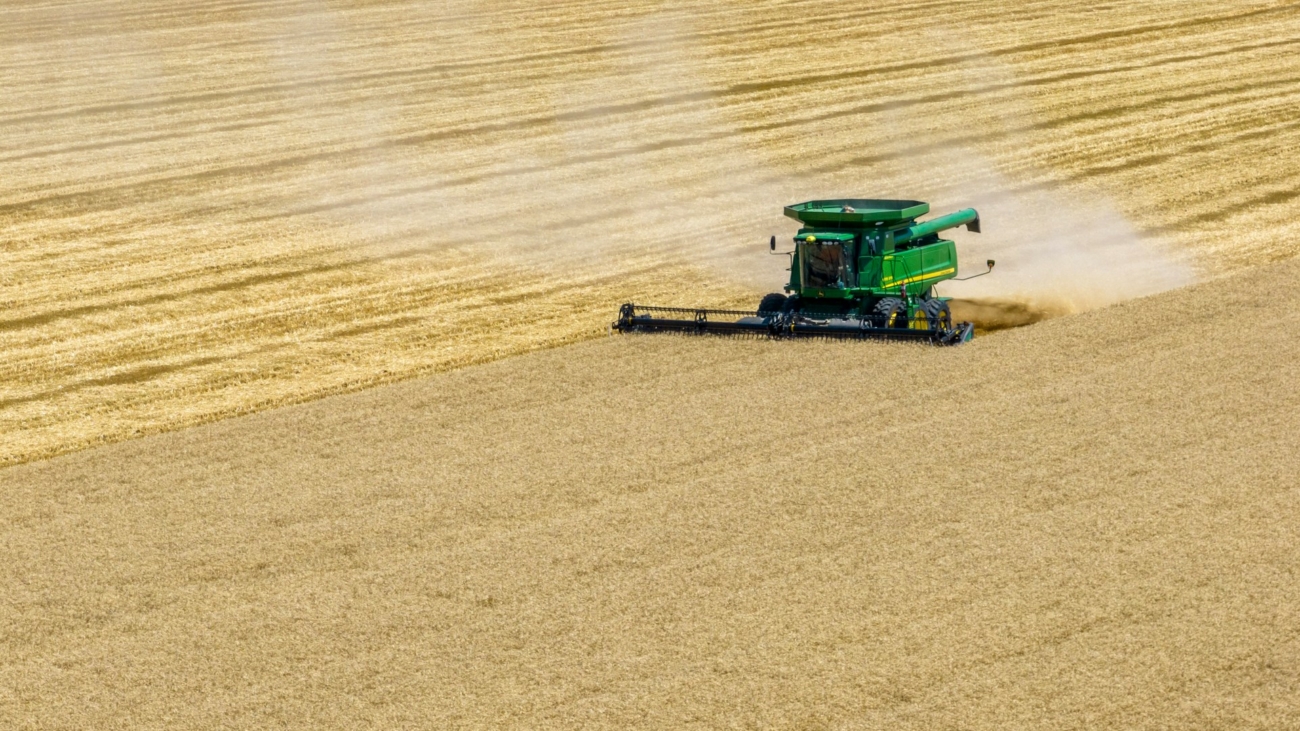Agriculture is the backbone of India’s economy, employing nearly half of the country’s workforce. Yet, Indian farmers face numerous challenges that hinder their productivity and income. These issues include low wages, fluctuating incomes, dependence on unpredictable weather, small landholdings, and limited access to advanced technology. As climate change exacerbates these problems, the need for innovative solutions becomes more urgent. Modern technologies, such as precision agriculture, advanced pest management, and high-yield crops, offer promising avenues for improvement. However, individual farmers often lack the resources to adopt these technologies on their own. Collaborative approaches like cooperatives, public-private partnerships (PPPs), and other innovative models can bridge this gap, enabling farmers to reap the benefits of modern advancements.
Key Challenges Faced by Indian Farmers
Low Wages and Incomes
Many Indian farmers earn meager wages, with incomes barely sufficient to cover their basic needs. This financial instability discourages investment in better farming practices and technologies, perpetuating a cycle of poverty.
Dependence on Weather and Climate Change
Agriculture in India is highly dependent on the monsoon season. Erratic rainfall and extreme weather events due to climate change severely affect crop yields, making farming a high-risk occupation.
Small Landholdings
A significant proportion of Indian farmers work on small plots of land, which limits their ability to achieve economies of scale. Smaller farms often struggle with lower productivity and higher per-unit costs.
Limited Access to Technology
Advanced agricultural technologies, such as precision farming tools, high-yield crop varieties, and modern pest management systems, are often out of reach for individual farmers due to high costs and lack of technical knowledge.
Modern Technologies to Address Farmer Challenges
Precision Agriculture
Precision agriculture uses data and technology to optimize farming practices. Tools like GPS-guided tractors, soil sensors, and drone-based monitoring help farmers apply inputs more efficiently, reducing waste and increasing yields.
Advanced Pest Management
Modern pest management techniques, including integrated pest management (IPM) and biological control methods, minimize the reliance on chemical pesticides. These approaches can lead to healthier crops and reduced environmental impact.
High-Yield Crops and Biotechnology
Genetically modified (GM) crops and other biotechnological advancements can significantly increase crop yields and resistance to pests and diseases. These innovations can improve food security and farmer incomes.
Bridging the Gap: Collaborative Approaches
Farmer Cooperatives
Cooperatives allow farmers to pool resources, share knowledge, and gain better access to markets and technologies. By working together, farmers can achieve economies of scale, negotiate better prices for inputs, and invest in shared infrastructure and equipment.
Public-Private Partnerships (PPPs)
PPPs can play a crucial role in bringing modern technologies to farmers. Governments can collaborate with private companies to provide subsidies for advanced farming tools, offer training programs, and develop supportive infrastructure. These partnerships can also drive research and development tailored to local agricultural needs.
Agritech Startups and Innovation Hubs
The rise of agritech startups in India is transforming the agricultural landscape. These startups offer innovative solutions, from mobile apps that provide real-time weather updates and market prices to platforms that connect farmers with buyers. Establishing innovation hubs and incubators can support these startups, fostering an ecosystem that benefits farmers.
Government Initiatives and Policy Support
Government policies and initiatives can create an enabling environment for technology adoption in agriculture. Policies that promote investment in rural infrastructure, provide financial incentives for adopting modern technologies, and ensure access to affordable credit are crucial.
Digital Literacy and Training Programs
Empowering farmers with digital literacy and technical training is essential for the successful adoption of new technologies. Extension services, agricultural universities, and NGOs can conduct training programs to educate farmers on the benefits and usage of advanced tools and practices.
Case Studies and Success Stories
AMUL Cooperative
The success of the AMUL dairy cooperative in Gujarat is a testament to the power of farmer cooperatives. By organizing farmers into a cooperative structure, AMUL has enabled them to achieve better prices for their milk, access modern dairy technologies, and improve their livelihoods.
e-Choupal Initiative
ITC’s e-Choupal initiative is another example of leveraging technology for agricultural development. By providing internet kiosks in rural areas, e-Choupal empowers farmers with access to market information, weather forecasts, and best farming practices, thereby enhancing their decision-making and income.
Conclusion
The challenges faced by Indian farmers are multifaceted and require comprehensive solutions. Modern technologies such as precision agriculture, advanced pest management, and high-yield crops offer significant potential to improve productivity and income. However, the adoption of these technologies necessitates collaborative efforts. Farmer cooperatives, public-private partnerships, agritech startups, and supportive government policies can bridge the gap between farmers and technological advancements. By fostering a collaborative and supportive ecosystem, India can ensure that its farmers not only survive but thrive in the face of modern challenges.

